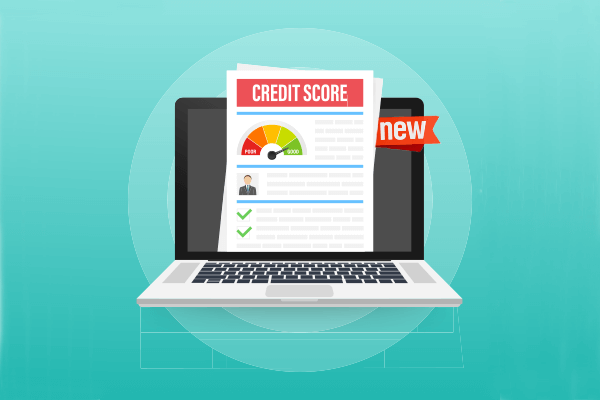How the New FICO Credit Scoring System Will Affect You
The announcement that FICO will put two new credit scoring models – FICO 10 and FICO 10T – into play this summer is the ultimate good news/bad news situation for consumers.
The good news is that if you have a score anywhere above 680 – and continue to make on-time payments and use 30% or less of your available credit each month – your score could go up as much as 20 points. FICO estimates this could happen to 40 million consumers.
The bad news? If you are in the sub-680 credit score category – and miss payments and spend close to the max allowed each month – your score could drop 20 points. FICO estimates that will happen to another 40 million consumers.
Is a 20-point swing in either direction really that big of a deal?
“Absolutely,” said Etta Money, CEO of InCharge Debt Solutions, a credit counseling firm that specializes in credit card debt. “Raising your score could mean paying lower interest on mortgage, car or credit card loans. It also should mean reduced premiums on home and auto insurance, which are based on credit scores.
“Seeing your credit score drop 20 points, on the other hand, will mean the exact opposite. You’ll end up paying more for everything.”
There are, of course, caveats that accompany the new credit scoring system, the first one being that the scoring change may not touch you at all, at least not immediately. Lenders historically have been slow about using the newest FICO scoring models because there isn’t as much data to go on.
FICO’s last change – dubbed FICO 9 – was made five years ago and it still isn’t the most popular version used. That honor goes to FICO 8, which was introduced a decade ago. Some lenders are even using FICO 2,4 and 5 to rate auto loans, while others use FICO 3,4 or 5 for credit card lending.
So, there is no guarantee that the bank, credit union, online lender or card company you deal with is going to use FICO 10 or FICO 10T to evaluate your credit worthiness anytime soon.
Then again, they might, especially if the lenders continue to tighten up on qualifications. The FICO 10 scoring models are designed to make it easier for lenders to identify good borrowers, especially those seeking credit cards and auto loans.
The new scoring models will penalize more heavily those consumers who take out personal loans to consolidate credit card debt … then go right back to overspending with their credit cards. That’s considered an effort to sneak around the system and will draw a red flag in the new scoring system.
Recent missed payments and using too much of available credit, the #1 and 2 negatives in scoring, will cost consumers even more in the FICO 10 system.
The FICO 10T program will take a closer look at your spending and paying off performance over the last two years. If you’re steadily reducing debt, your score goes up. If you’re steadily adding debt, your score will drop.
It may just be a coincidence, but these changes occur after the average credit score reached a record high of 706 in 2019. Coincidentally, that’s a 20-point rise over the last decade, so this could be considered a way of slowing things down.
The changes also come at a time when late payments have dropped significantly – 15% of consumers were late in 2009, compared to just 6% in 2019 – but household debt has grown significantly. It reached an all-time high of $14 trillion at the end of 2019, up $1.3 trillion in just over a decade.
So maybe the confluence of events required a new credit scoring system and you’ll have to find out whether you’re in the “haves” (credit score up 20 points) or “have nots” (credit score drops 20 points) category of FICO 10.
Or, as Money points out, you could just go back to basics.
“If you want to improve your credit score, three things need to happen,” the InCharge CEO and credit card debt expert said. “First, make your payments on time every month. Second, keep your balances to a minimum on all credit cards. And finally, don’t apply for more credit than you need.
“Follow those rules and it won’t matter which FICO scoring system they’re using, your score will end up being just fine.”
Sources:
- Andriotis, A. (2020, January 23) FICO Changes Could Lower Your Credit Score. Retrieved from https://www.wsj.com/articles/fico-changes-could-lower-your-credit-score-11579780800?mod=searchresults&page=1&pos=4
- Bernard, T. (2020, January 25) Your Credit Score May Soon Change. Here’s Why. Retrieved from https://www.nytimes.com/2020/01/25/business/credit-score-fico-change.html?searchResultPosition=1
- NA. ND. FICO Scores Versions Did you know you have more than one FICO Score? Retrieved from https://www.myfico.com/credit-education/credit-scores/fico-score-versions








